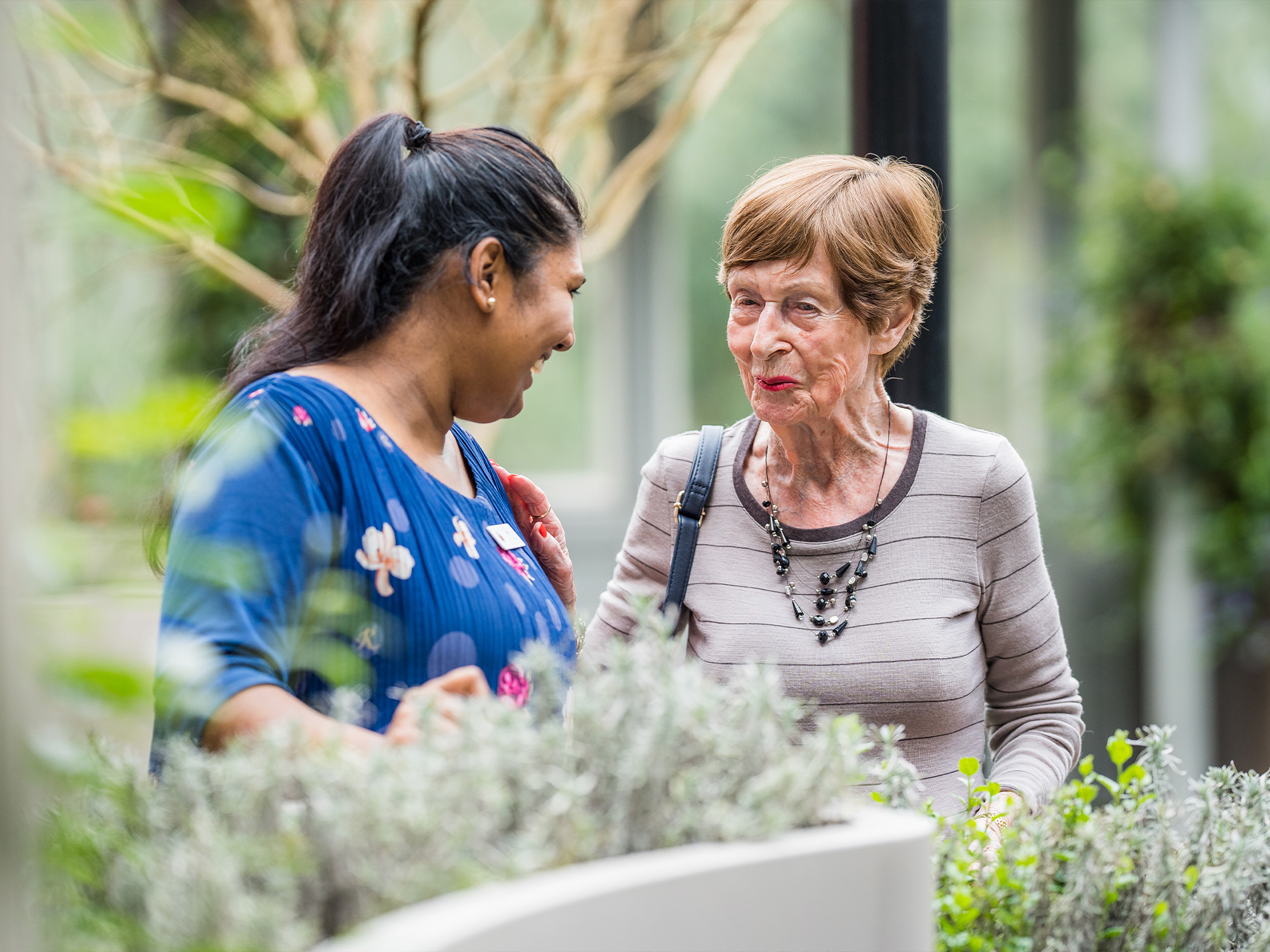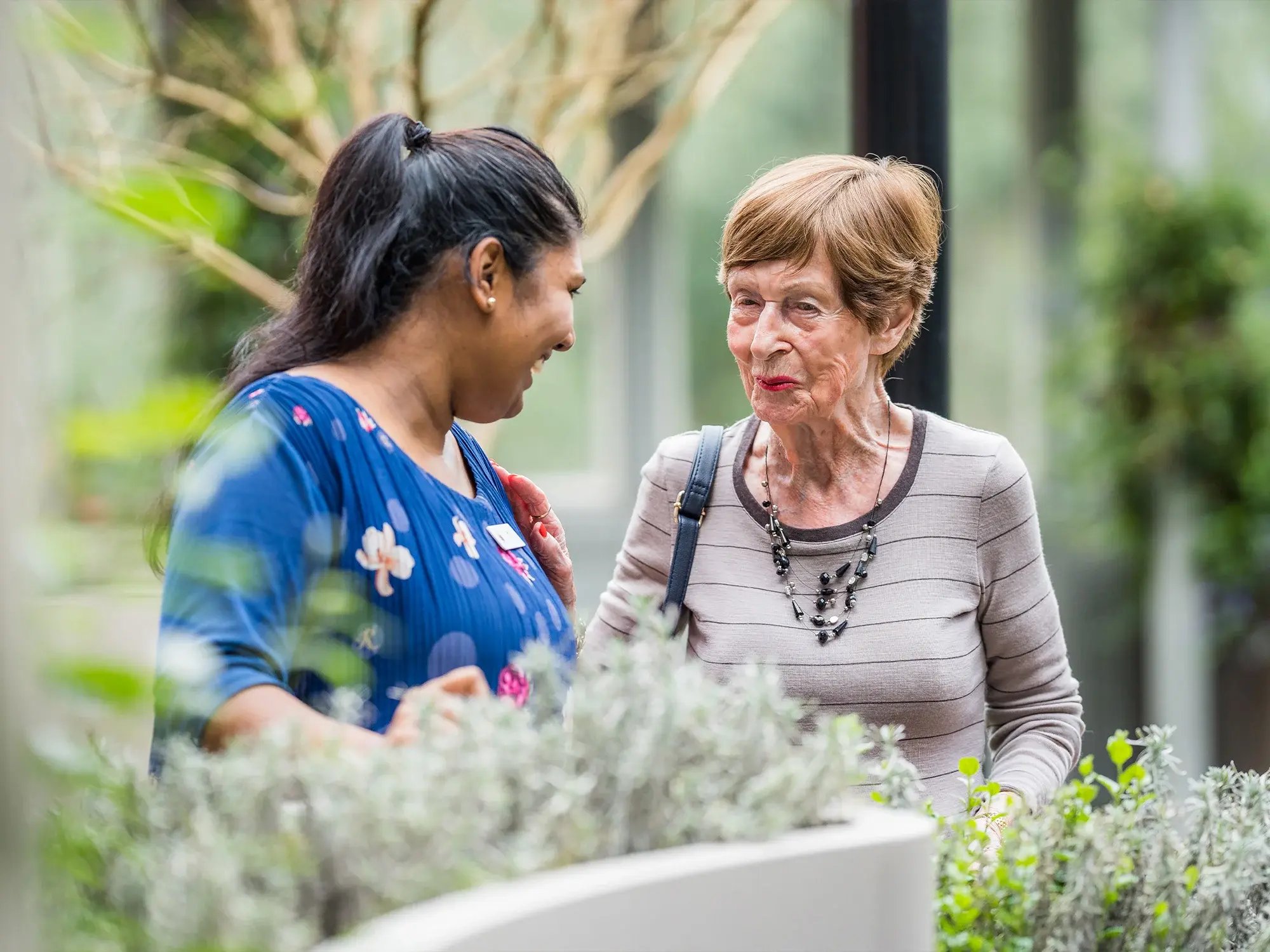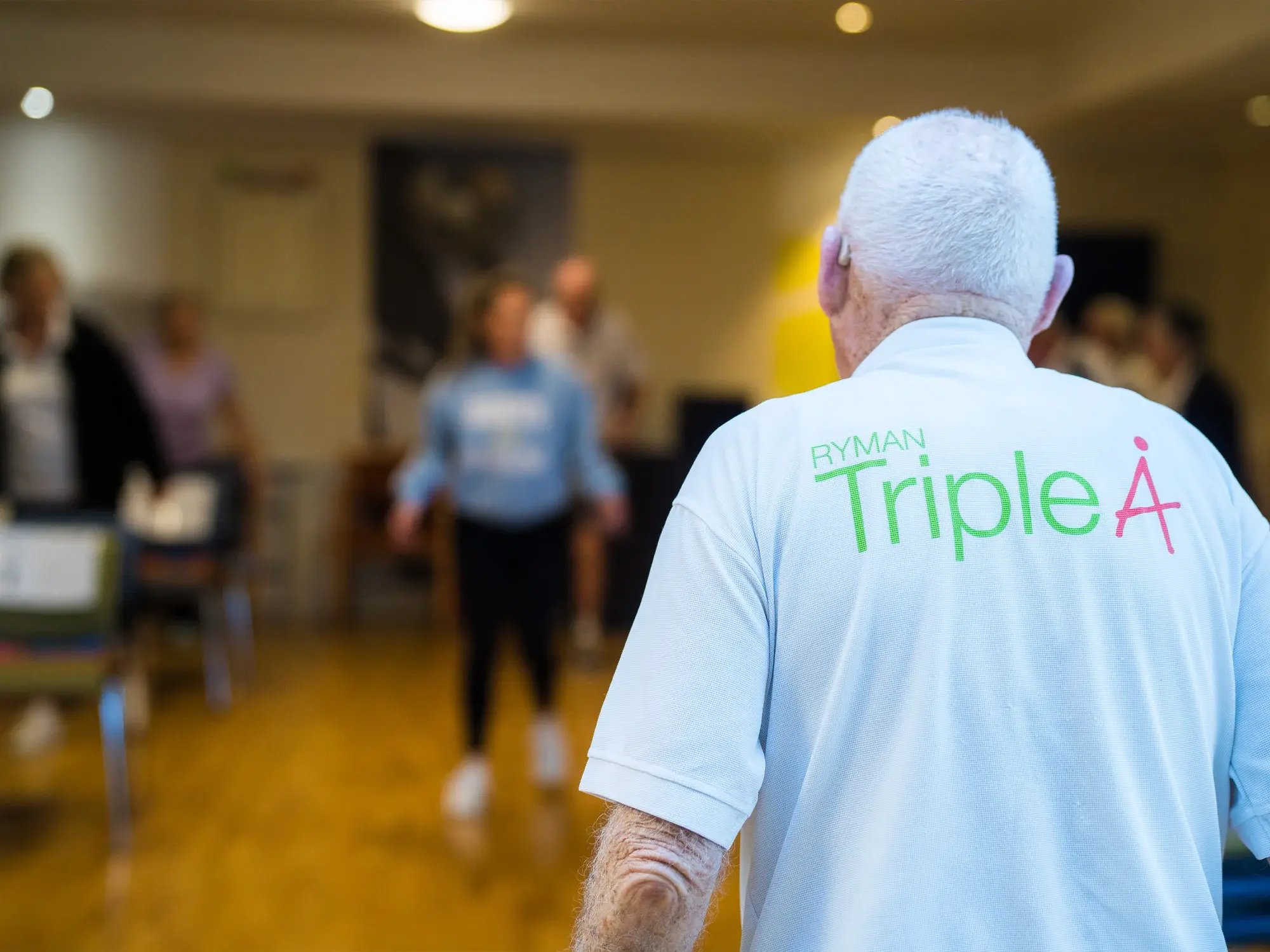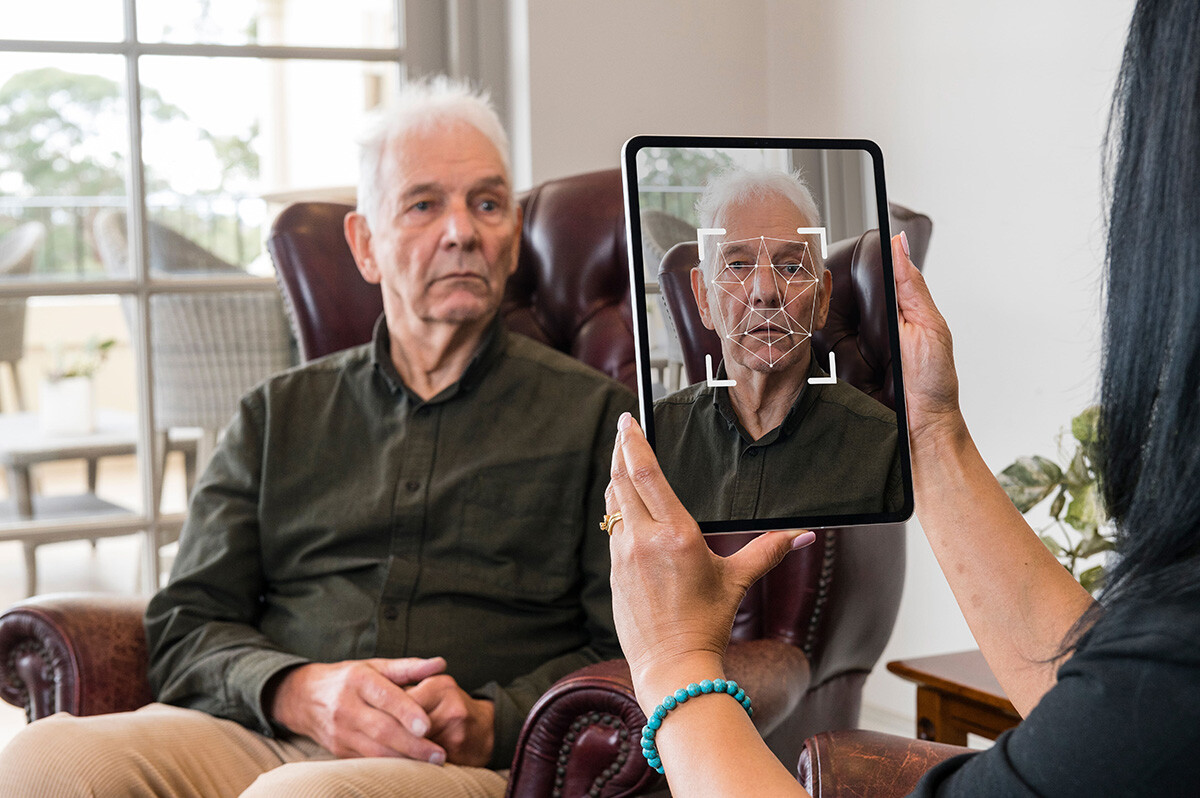Activities for dementia patients in aged care
Activities for dementia patients in aged care

Engaging activities for dementia patients in aged care are vital in maintaining cognitive function by stimulating the brain, promoting neural connections, and potentially slowing down the progression of cognitive decline. These activities also promote emotional well-being, providing opportunities for self-expression, social interaction, and enjoyment, which can alleviate feelings of isolation and depression commonly experienced by dementia patients.
Dementia patients can face significant challenges in maintaining both cognitive and emotional well-being. Cognitive decline can lead to difficulties in memory, communication, and everyday tasks, while emotional challenges such as mood swings, anxiety, and depression are also common.
Ryman Healthcare recognises these challenges and is committed to enhancing the quality of life for residents through tailored daily activities for dementia. Our person-centred approach ensures that activities are customised to meet the individual needs, interests, and abilities of each resident, fostering engagement, connection, and overall well-being. Our care companion model seeks to mimic what residents would do at home, like baking, knitting and gardening to help residents feel a sense of routine and normality.

The Therapeutic Role of Activities in Dementia Care
There are various therapeutic benefits of tailored activities for people living with dementia, from stimulating cognitive functions, promoting emotional well-being, and reducing behavioural symptoms.
Activities that can stimulate cognitive functions and emotional connections
Engaging in activities can stimulate cognitive functions by providing mental stimulation, promoting brain plasticity, and enhancing neural connectivity. Activities such as playing games, gardening and creative arts can improve cognitive abilities such as memory, attention, and problem-solving skills among dementia patients.
The positive impact of activities on reducing agitation, anxiety, and depression
Activities play a crucial role in fostering emotional connections and reducing negative emotions like anger, anxiety, and depression. Participating in meaningful and enjoyable activities provides opportunities for self-expression, social interaction, and emotional engagement. For example, music therapy has been found to have profound effects on mood regulation and emotional expression in individuals with dementia, leading to reduced agitation and improved overall well-being.
Research supports the therapeutic benefits of engaging in activities for dementia patients. According to a study from International Journal of Older People Nursing, dementia patients who participated in everyday activities such as board games, scheduled walks, watering plants and setting tables had significantly higher quality of life and higher cognitive scores as compared to those residents who had not participated in everyday activities.

What activities are good for dementia patients?
Selecting activities for individuals with dementia requires careful consideration to meet their unique needs. This ensures individuals can engage comfortably and experience success, promoting a sense of independence and self-worth.
Activities should also aim to boost self-confidence and empowerment, highlighting strengths and accomplishments through tasks that offer a sense of achievement. Sustaining mental engagement is crucial for cognitive stimulation, achieved through challenges like puzzles or word games. Introducing new activities or variations keeps the mind active and promotes learning.
Listening to music, watching movies, or participating in group exercises can evoke positive emotions and reduce feelings of loneliness. It’s also important to preserve cultural heritage, integrating familiar customs or foods to maintain a sense of identity and belonging.
By considering these factors, caregivers can provide meaningful and enriching experiences that enhance the overall well-being of individuals living with dementia.
Benefits of gentle exercises, walking, and movement-based activities
Gentle exercises, walking and movement-based activities improved mobility, coordination, and cardiovascular health.
Ryman's tailored exercise programs, like our Triple-A program, focus on gentle movements that are safe and enjoyable, promoting physical well-being and overall vitality.

Cognitive Activities:
Memory games, puzzles, and brain-stimulating activities are essential for maintaining cognitive function in dementia patients. These activities are much more effective when they are individualised based on the patient's cognitive level, ensuring that activities are neither too challenging nor too simplistic. These activities not only stimulate the brain but also provide a meaningful way to keep dementia patients occupied and mentally engaged.
Creative Activities:
Art therapy, music therapy, and other creative outlets offer dementia patients opportunities for self-expression, emotional release, and personal fulfilment. Creativity plays a vital role in promoting emotional well-being and can serve as a means of communication for individuals with limited verbal abilities. Engaging in creative activities fosters a sense of purpose and joy in dementia patients.
Group Activities:
Group activities provide dementia patients with social interaction, connection, and a sense of belonging. It encourages communication and friendship among residents, reducing feelings of isolation and loneliness commonly experienced by individuals living with dementia.
Tailoring Activities to Individual Preferences
Considering each resident's interests, hobbies, and past experiences is essential for tailoring activities to their preferences. By understanding each person, caregivers can create personalised activity plans that resonate with residents in a meaningful way. These specialised activties ultimately enhance the overall quality of life for dementia patients.
What are daily activities in dementia care?
In dementia care, daily activities are carefully planned to provide structure and comfort for residents. Consistent routines and familiar activities help residents feel secure and oriented, reducing anxiety and confusion. These activities may include physical exercises, cognitive games like puzzles or board games and creative outlets like music listening, art or knitting
Creating a Supportive Environment
A calming and organised environment is essential for successful activities in dementia care. Minimising distractions and providing visual cues can help residents focus and participate more effectively. Ryman's dementia care units are designed with these principles in mind, facilitating engagement and promoting awareness and alertness for residents.
Professional Caregivers' Role in Activities
Trained staff play a crucial role in planning, facilitating, and adapting activities to meet residents' needs. They are trained to understand the unique challenges of dementia and how to create meaningful and engaging experiences for residents. Ryman's staff undergo specialised training to ensure they are equipped to work in these units.

Engaging activities play a vital role in enhancing the quality of life for dementia patients in aged care. By providing purposeful activities tailored to individual preferences, aged care centres such can promote cognitive stimulation, emotional well-being, and social interaction among residents. Ryman Healthcare offers these services within their care centres, where dedicated staff are committed to enriching residents' lives through meaningful activities. You can find out more about these care options here:
by Ryman Healthcare | Apr 5, 2024
Subscribe to our blog newsletter
You May Also Like
These Related Stories

Five ways to boost your brain health

Continuum of care a must for dementia researcher

